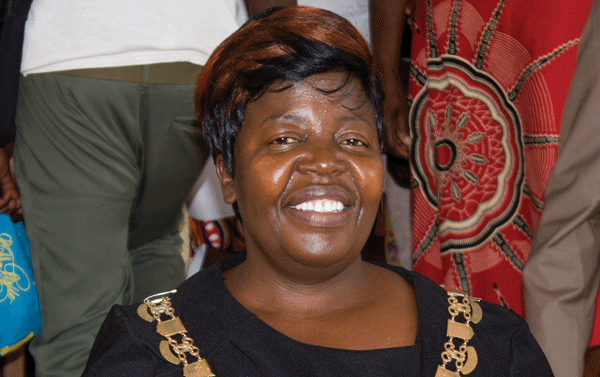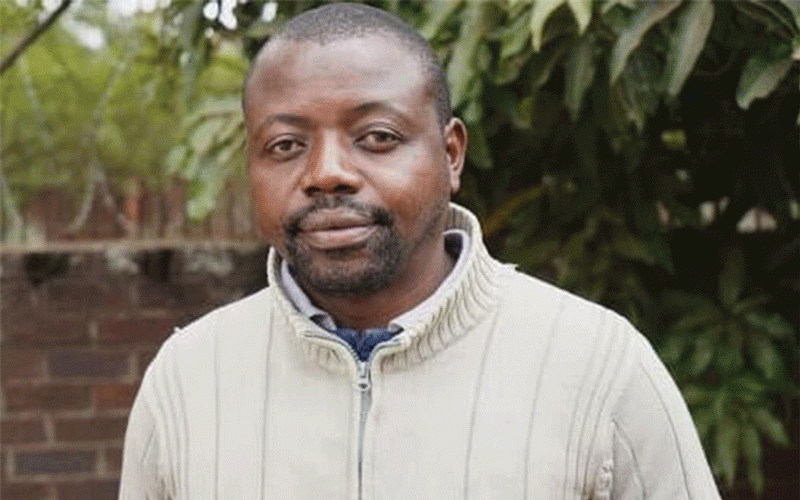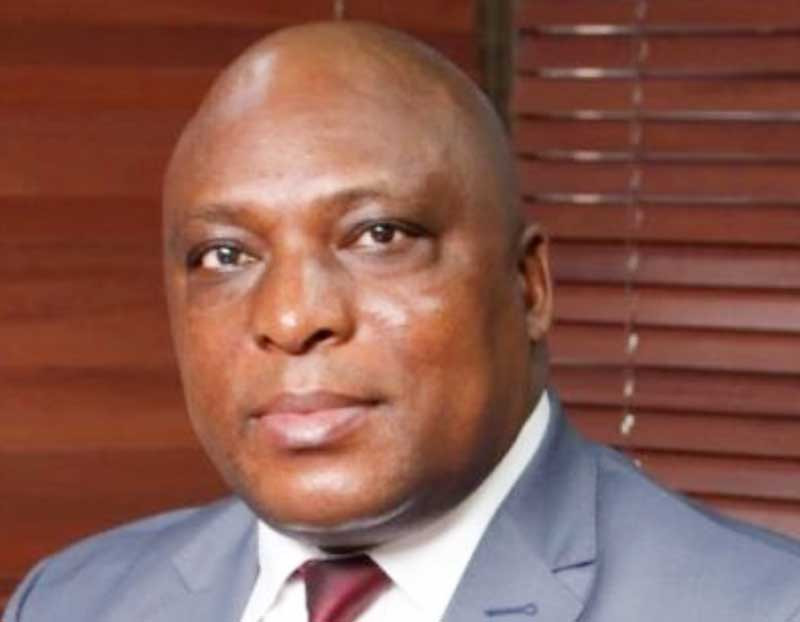
THE International Women’s Day (IWD) held on March 8 was celebrated in the glare of media cameras.
Designer dresses and handbags were flaunted all over and fancy restaurants made a killing from posh breakfasts and lunches.
Renowned women graced these events sharing nuggets on how to “run in heels” and conquer the world and its unfair patriarchal systems that disadvantage women.
Impassioned speeches and declarations were made, plans drawn up and timelines set.
Some even took to the streets brandishing posters and banners demanding gender parity in all spheres. Spectators, mostly street children, watched the processions with disinterest. They have seen it before.
Amid all these well-meaning activities and reminders that women are still at the back of the line, there is growing discontent over the effect of it all.
Not much has been yielded from all this charade which has become more commercial than anything.
It is almost like celebrating another Valentine’s Day. Businesses fell over each other urging gullible customers to honour “that special woman in your life” by buying them gift packs, lunches and even designer clothes.
- Chamisa under fire over US$120K donation
- Mavhunga puts DeMbare into Chibuku quarterfinals
- Pension funds bet on Cabora Bassa oilfields
- Councils defy govt fire tender directive
Keep Reading
While there is nothing wrong with honouring women with gifts and posting pictures with arms crossed in defiance, there has been zero results.
The very woman, who would benefit from a level playing field was busy hustling at Copacabana engaging in running battles with police.
Her struggles although much talked about and presented to donors, as a catch phrase, remain the same.
She has no idea that the beautiful cars packed at that five-star hotel belong to women who claim to represent her.
She has never been invited to these gatherings to speak.
The zero impact is reflected in many spheres mostly the political arena.
While political parties may have 50:50 gender policies, patriarchal and stereotypes that women cannot lead are still dominant.
In this regard, the country has failed to ensure gender parity is achieved in electoral processes.
A post-2018 election report by the Zimbabwe Election Support Network noted that while more women registered to vote in 2018 than in previous electoral cycles, the number of women Members of in Parliament fell by 2%.
Only 26 women were elected in 2018 as compared to 29 in 2013.
A record 23 candidates contested in the 2018 presidential election, but only four of these were female.
A year before (2017) a study by the Zimbabwe Electoral Commission noted that 74% of women said they were not interested in participating in elections because of fear of violence.
In Parliament, women are still discouraged from speaking out as their male counterparts use derogatory language and even body shame some of them.
In local government, representation of women declined from 16% to 15%.
Out of 6 800 candidates who contested in the 2018 elections in the 92 local authorities, only 1 156 (17%) were women.
Former Kwekwe mayor Angeline Kasipo became the first female in the country’s history to hold that post but was sadly recently recalled by the Douglas Mwonzora-led party.
So the IWD commemorations are just but a mockery of the real issues that need to be addressed.
We challenge this narrative and demand that stakeholders including government go beyond talking and match the words with concrete action and allocate appropriate resources if there is to be any meaningful change in the lives of women and girls. This will require a change from simply adopting policies to fully enforcing existing pro-women policies and initiatives.
The Zimbabwe Electoral Commission must also come to the party and bar parties without a 50-50 representation from contesting in elections. Gender equality should be a prerequisite for political leaders to participate in elections. Parastatals and even the private sector also ought to play their party in levelling the playing field.
However, women should be elevated and considered for higher offices on merit. They should be enlightened women — an authority in their field of expertise.











